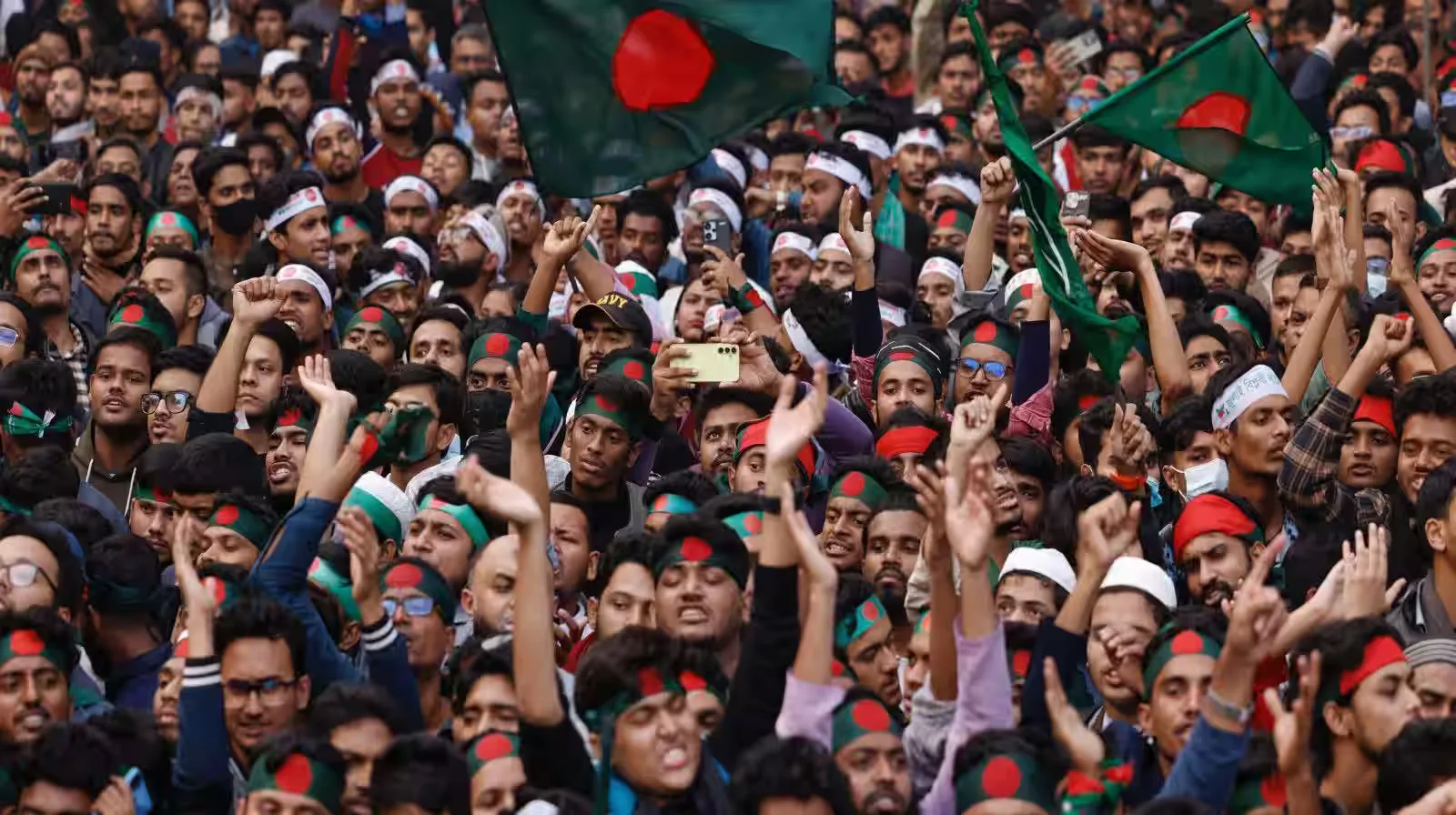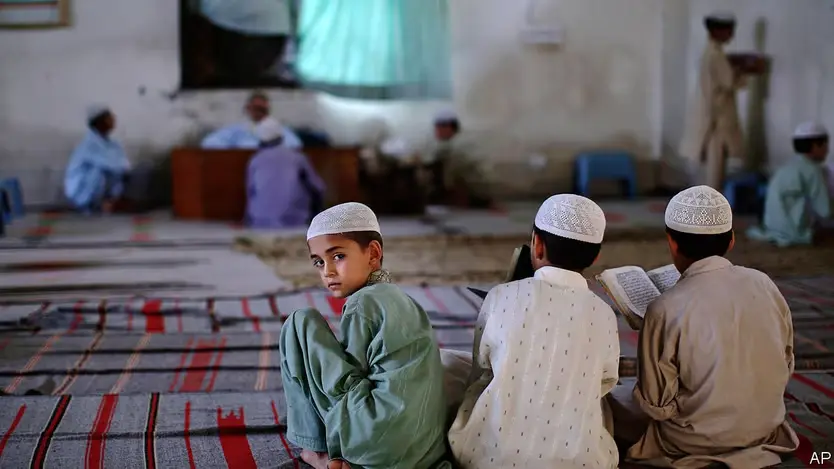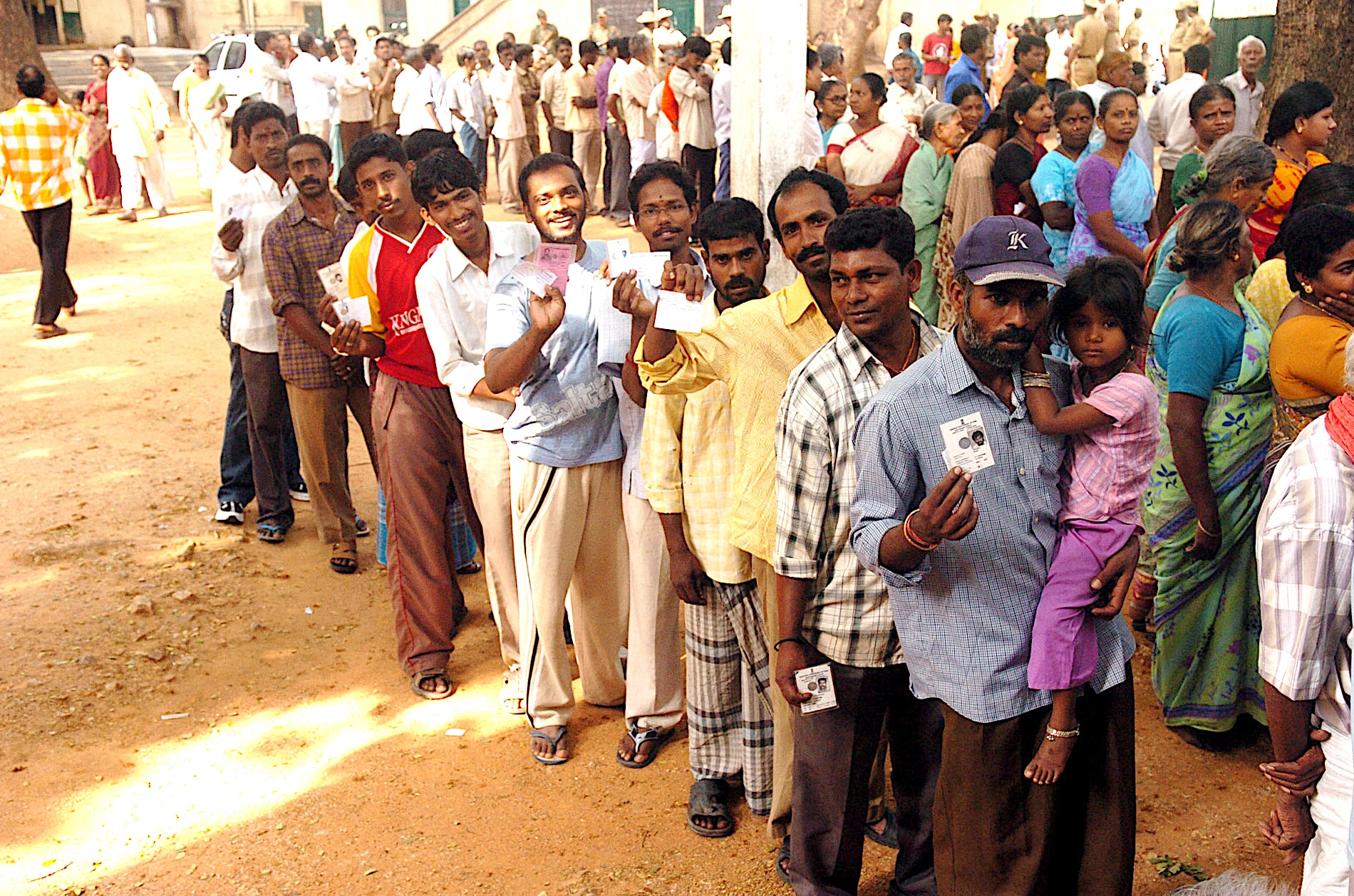Bangladesh has told India it wants former Prime Minister Sheikh Hasina, who fled to New Delhi in August, back in the country for “judicial process”, says the acting head of the country’s foreign ministry.
“We sent a note verbale to the Indian government saying that the Bangladesh government wants her [Hasina] back here for judicial process,” Touhid Hossain told reporters on Monday, referring to diplomatic correspondence between the two countries.
Hossain did not elaborate on the judicial process for Hasina.
“We confirm that we have received a note verbale from the Bangladesh High Commission today in connection with an extradition request. At this time, we have no comment to offer on this matter,” the official spokesperson of India’s Ministry of External Affairs said.
Violent protests against Hasina’s rule led to her removal, forcing her to take refuge across the border. Since then, ties between the South Asian neighbors, who share strong trade and cultural links, have become increasingly strained.
Muhammad Yunus, the head of Bangladesh’s interim government and a Nobel laureate, has demanded that India send Hasina back. He stated that Bangladesh wants to try her for crimes against protesters and her opponents. He also mentioned crimes she is accused of committing during her 15-year tenure.
Yunus has also been upset with Hasina for criticizing his administration from New Delhi.
Dhaka’s request to New Delhi came two weeks after India’s foreign secretary visited Bangladesh and the two countries said they hoped to mend relations.
Also See: Bangladesh’s Political Shift: Fall of Mujibur Rahman’s Legacy
Crimes of Hasina
Hasina faces numerous charges, including crimes against humanity, genocide, and murder, among others, all of which she has denied.
Authorities have taken dozens of Hasina’s allies into custody since her regime collapsed in August. They have accused them of involvement in a police crackdown. The crackdown killed more than 750 people, mostly youth, during the unrest which led to Hasina’s removal.
Hasina has also called for an investigation into the killings, saying many deaths may have involved others beyond security agencies.
The Dhaka-based International Crimes Tribunal has issued arrest warrants for Hasina and her close aides. The government has sought help from the international police organization Interpol for her arrest.
Separately, Bangladesh launched a probe on Monday into the alleged embezzlement of $5bn. The embezzlement connects to the Russian-backed Rooppur nuclear plant. The country’s anticorruption commission said that Hasina and her family are involved.
“The claims of kickbacks, mismanagement, money laundering, and potential abuse of power raise significant concerns about the integrity of the project and the use of public funds,” the commission said.
This news is sourced from Al Jazeera and is intended for informational purposes only.

![Bangladesh urges India to extradite ex-PM Sheikh Hasina for 'judicial process' over charges of genocide, corruption, and abuse of power. [Image via Reuters]](https://southasiatimes.org/wp-content/uploads/2024/12/2024-06-22T044541Z_1642699159_RC23G8A3KAV9_RTRMADP_3_INDIA-BANGLADESH-1-1724841380.webp)




